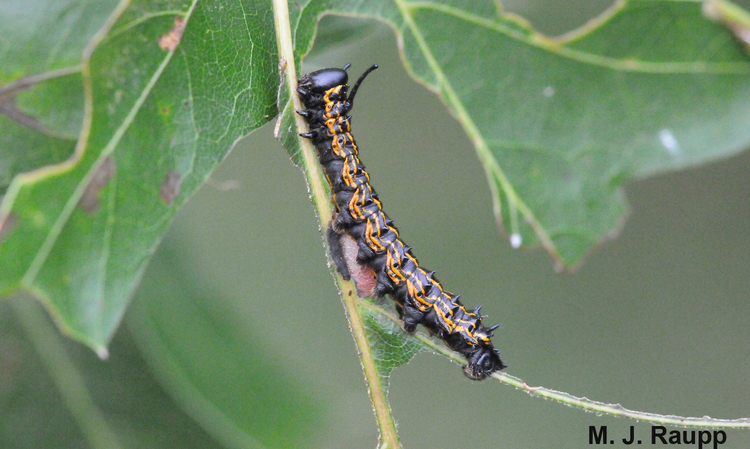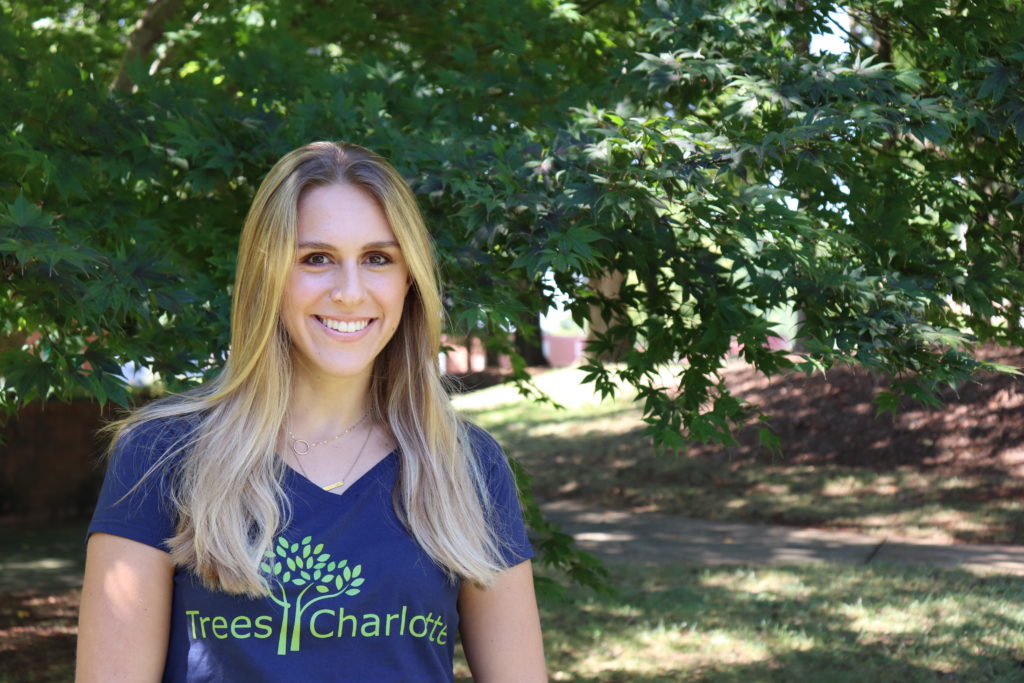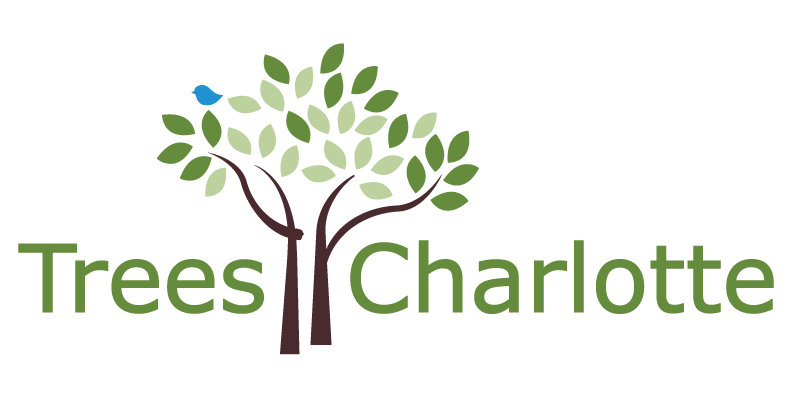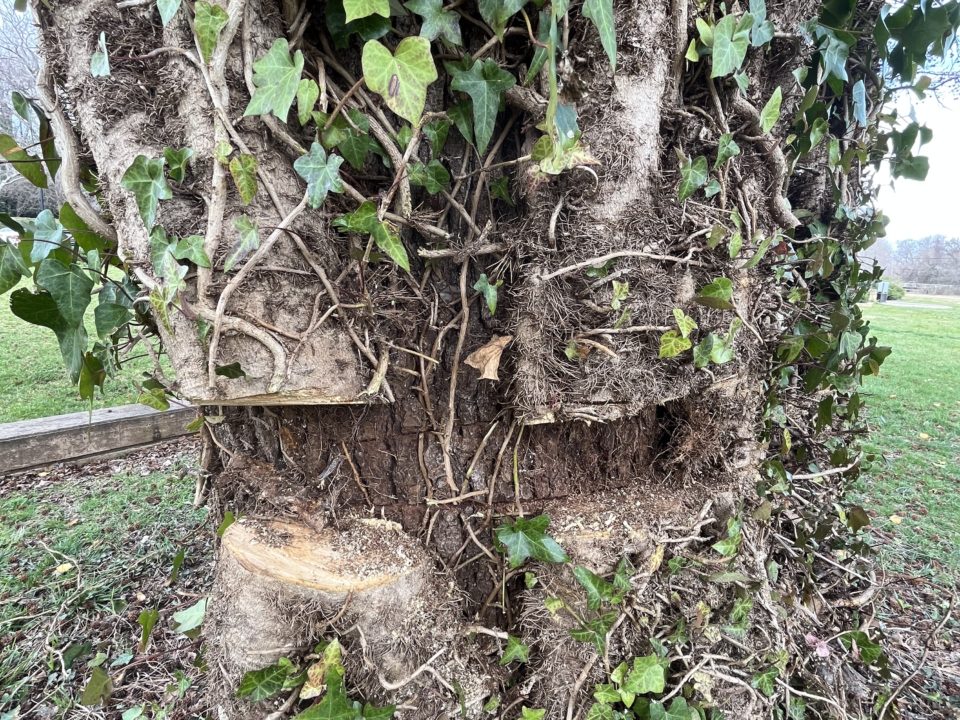Meet the Orange-Striped Oakworm
Question: There are some black and orange caterpillars eating the leaves on my oak tree in front of my house. Will they hurt the tree?!
Have you also noticed some unexpected critters taking refuge in your oak tree? Well, you definitely aren’t alone. Meet the orange-striped oakworm! These caterpillars are black with orange stripes running down their bodies and, if you look closely, have tiny black “horns” on their heads. They’ll grow up to become brightly colored orange-yellow moths. Judging by their name, it’s no surprise that their favorite food is oak leaves, but they have been known to occasionally snack on hickory, maple, and birch trees as well. If abundant, oakworms can defoliate significant portions of an oak tree.

But don’t stress. Orange-striped oakworms are native to North American and cause very little harm to oak trees. These little guys are only around from late summer to early fall when deciduous trees are mostly done photosynthesizing and starting to drop their leaves in preparation for winter. Therefore, these caterpillars aren’t nearly as harmful as “spring leaf eaters” like the gypsy moth or forest tent caterpillar. Orange-striped oakworms generally only become a problem if the tree is very young or already under some kind of stress, such as disease, drought, etc.
Oakworm populations are typically kept in check by natural predators, such as birds or bigger insects, so most oak owners choose to leave these harmless critters be. However, they can be managed by removing leaves with oakworm eggs on them in the early summer or applying a safe Bt pesticide (Bacillus thuringiensis) once the eggs are newly hatched.
You can find out more info about the orange-striped oakworm using the link: https://www.canr.msu.edu/uploads/files/e2654.pdf




